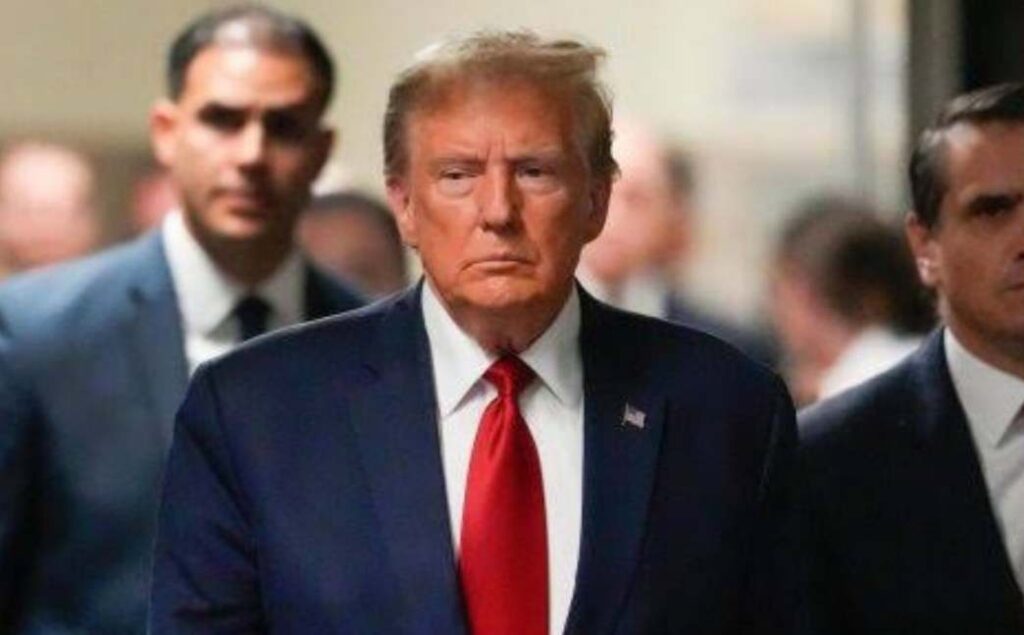A New York judge has ruled that former President Donald Trump and Trump Organization executives must pay over $364 million in a civil fraud case, with Trump’s organization responsible for nearly $355 million.

In a significant legal development, a New York judge, Arthur Engoron, has mandated former President Donald Trump and executives from the Trump Organization to pay over $364 million in connection with a civil fraud case. This ruling, a victory for New York Attorney General Letitia James, concludes a thorough three-year investigation into allegations of inflating asset values.
Also Read:- Tragedy Strikes: The Untimely Death of Russian Opposition Leader Alexei Navalny in Arctic Penal Colony
The judge’s decision assigns the majority of the financial responsibility, nearly $355 million, to Trump’s flagship organization. Additionally, Trump’s sons, Eric Trump and Donald Trump Jr., are individually liable for $4 million each, while a former Trump Organization executive, Allen Weisselberg, faces a $1 million liability. With interest, the total surpasses $450 million, as indicated by the attorney general’s office.
Judge Engoron expressed criticism for the defendants’ lack of contrition, characterizing their actions as a venial sin rather than a mortal one. Trump, in response, dismissed the decision as a “Complete and Total SHAM,” reiterating his belief in political bias within the justice system.
Despite Trump’s objections, Attorney General James declared that “justice has been served,” emphasizing the victory for the state and the nation. The judge not only imposed significant financial penalties but also imposed business restrictions on Trump and his co-defendants within the state of New York.
Trump and his companies are prohibited from holding officer or director positions in any New York business or applying for loans for three years. His sons face limitations on similar leadership roles for two years.
The legal ramifications extend beyond financial penalties, with the judge permanently barring Weisselberg and another defendant, Jeffrey McConney, from serving in financial control roles in any New York corporation or similar business entity.
Also Read:- Fani Willis Testifies: Trump Prosecution Drama
This ruling holds particular significance for Trump, the leading contender for the Republican presidential nomination. It follows closely on the heels of another judge scheduling a potential criminal trial related to hush money payments during the 2016 election. Trump faces a total of 91 state and federal charges, yet these legal challenges appear to have had limited impact on his popularity among his base.
The core of the case revolves around accusations that Trump and his sons knowingly engaged in fraud by submitting inflated financial statements from 2011 to 2021, with the aim of boosting Trump’s net worth for better business, insurance, and banking deals. The trial featured extensive arguments over the intentional inflation of property values, supported by documents ranging from spreadsheets to signed financial statements.
Despite testimony from key figures, including Donald Trump and his sons, asserting reliance on others for the valuation process, the judge had already determined fraud had occurred. Witnesses, such as former Trump allies Michael Cohen and Weisselberg, provided conflicting accounts, contributing to the complexity of the case.
As Trump continues his political campaign, the likelihood of an appeal against this ruling remains high. With a history of challenging legal setbacks, it may take years before any financial consequences are realized in this case.
